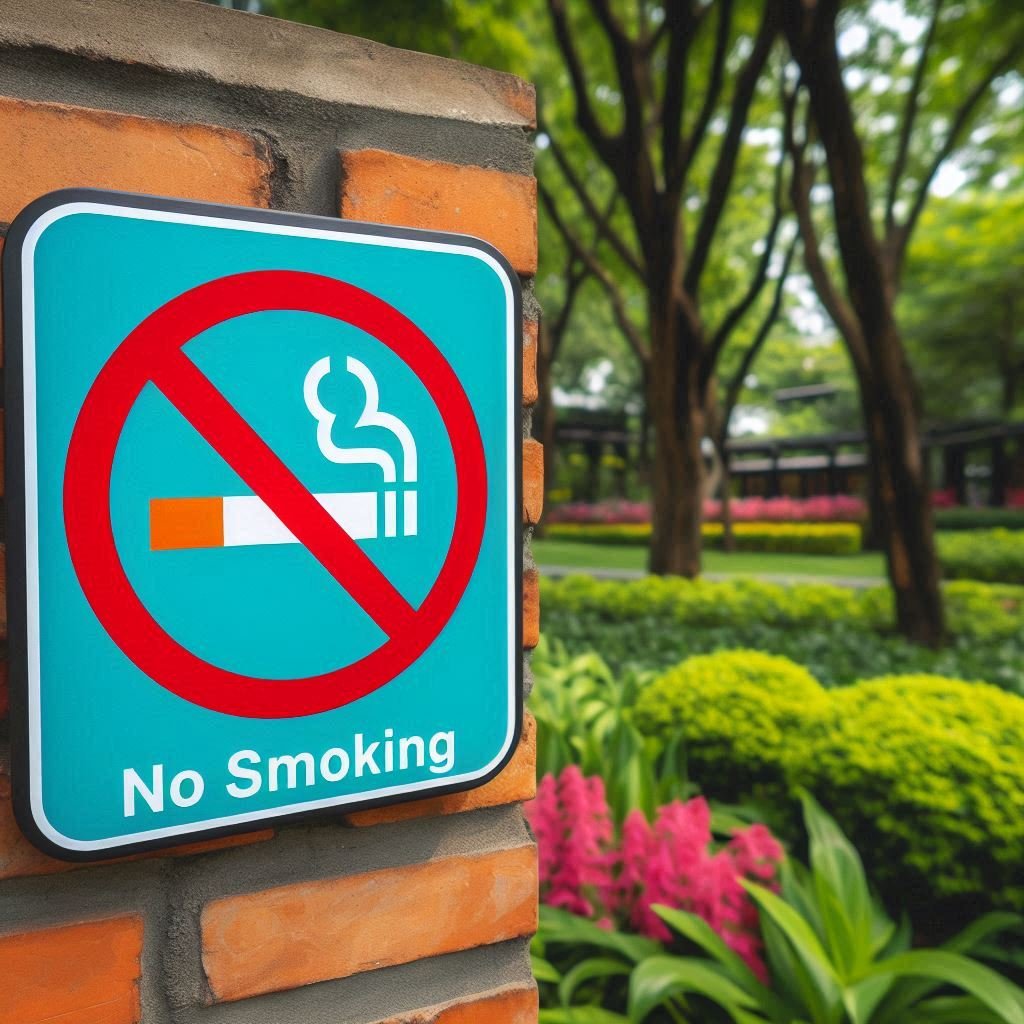Bone health is often neglected when it comes to monitoring overall body health. However, your bones play a critical role in maintaining your resilience, mobility, and strength. As we age, It becomes necessary to maintain strong bones, even more important to prevent conditions like bone density loss, osteoporosis, and fractures. But how do you go about building and maintaining stronger bones? Here are a few ways you could maintain your bone health for a long term.
1. Load Up on Calcium: The Foundation of Strong Bones

Calcium is the building block of your bones. And once it goes deficient in your body, your body starts pulling out calcium from your bones. This can lead to weakened bones over time.
How to get more calcium:
- Dairy products: Milk, yogurt, and cheese are packed with calcium.
- Leafy greens: Kale, spinach, and broccoli are excellent plant-based sources.
- Fortified foods: Many cereals, juices, and plant-based milks are fortified with calcium.
- Fish: Sardines and salmon (with bones) offer a hefty dose of calcium.
Depending on age and gender, Adults need around 1,000–1,200 mg of calcium daily. It’s better to fulfill Vitamin D requirements by food, instead of supplements which tend to have a lot of side effects.
2. Don’t Forget Vitamin D: Calcium’s Best Friend

Vitamin D and Calcium co exist. Vitamin D is essential for calcium absorption. Without enough vitamin D, even a calcium-rich diet don’t do much for your bones bones. A lack of vitamin D can lead to problems like an increased risk of fractures, bone pain, and muscle weakness.
Where to get Vitamin D:
- Sunlight: Your body can produce vitamin D when your skin is exposed to sunlight, but factors like age, skin color, and geographical location can affect this.
- Fatty fish: Salmon, mackerel, and tuna are rich in vitamin D.
- Fortified foods: Many dairy products, cereals, and plant-based alternatives have added vitamin D.
Aim for at least 600–800 IU of vitamin D daily, especially if you live in an area with limited sunlight.
3. Strength Training and Weight-Bearing Exercises

Exercising not only helps in muscles buildup—it’s essential for your bones too. When a body is subjected to stress factors like Weight-bearing exercises and strength training, this helps stimulate bone growth by encouraging your body to create more bone tissue which ultimately strengthens the bone.
Best exercises for bone strength:
- Weight-bearing activities: Walking, hiking, jogging, tennis, and dancing.
- Strength training: Lifting weights or using resistance bands builds both muscle and bone mass.
- High-impact exercises: Jumping, climbing stairs, or doing jumping jacks can also enhance bone strength.
It is recommended to make strength training a part of your regular workout routine, at least 2-3 times per week, to reap the full bone-health benefits.
4. Get Enough Protein for Bone Repair

While calcium is responsible for bone density, protein allows for proper bone repair and renewal as it helps support the bone matrix. A diet lacking in protein can lead to weakened bones, especially as ageing begins.
Protein-rich foods to consider:
- Lean meats: Chicken, turkey, and lean cuts of beef.
- Fish: Salmon, tuna, and cod.
- Plant-based options: Lentils, chickpeas, beans, and quinoa.
- Nuts and seeds: Almonds, chia seeds, and flaxseeds.
Make sure you’re consuming an adequate amount of protein based on your body weight and activity level, typically about 0.8–1.0 grams of protein per kilogram of body weight per day.
5. Limit Caffeine, Alcohol, and Soda

Certain supplements are responsible for suppressing calcium absorption, that ultimately lead to weakened bones. Limiting these substances can help preserve bone density.
- Caffeine: about 2-3 cups of coffee per day is more than enough as excess caffeine can interfere with calcium absorption.
- Alcohol: up to one drink per day for women and two for men as heavy drinking can reduce bone formation and increase the risk of fractures.
- Soda: Phosphoric acid in sodas may interfere with calcium absorption, so consider reducing soda consumption, especially if it’s displacing healthier beverages like water or milk.
Bonus Tip: Don’t Smoke

Smoking is already too harmful to start with. Not just that, it was found that the smoker’s smoking is linked with lower bone densities and risk of fractures. So quitting smoking can significantly improve the existing bone density.
Conclusion
It’s never too early or too late to start caring for your bones as they are the framework that supports your body. Incorporating a diet rich in calcium and vitamin D, engaging in regular exercise, and making smart lifestyle choices can significantly improve the bone state as you age. Remember: A few small changes now can lead to a lifetime of stronger bones!
Click To Learn about Skin care essentials.









